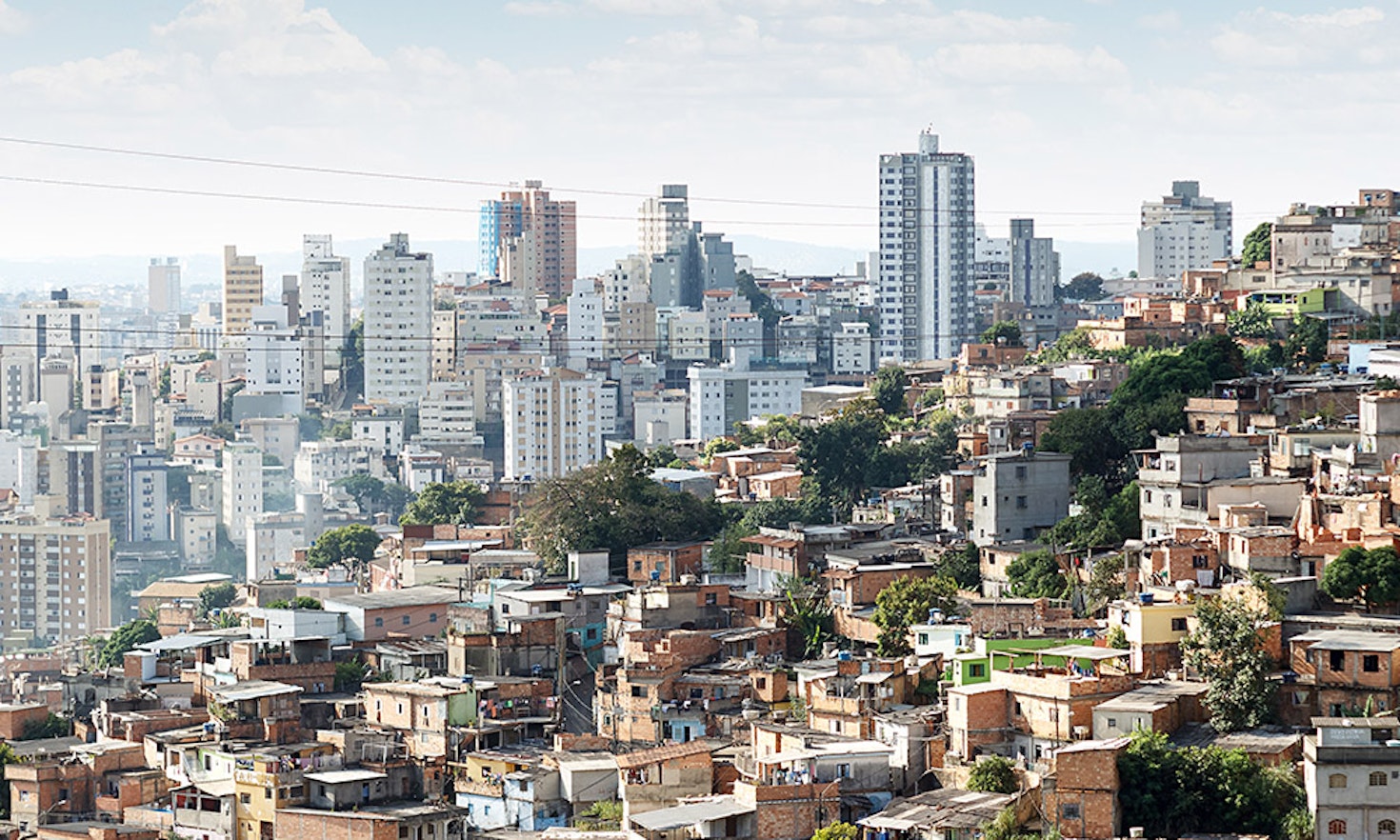
Natur und gesunde Lebensumwelt in der Stadt: Ein (planbares) Grundrecht?
 Sonia Gantioler
Sonia Gantioler
Between public distrust and Covid-19: author Carlos Cruz Infante is at odds about which pandemic is more dangerous for Latin America now.
In recent weeks the coronavirus contagion has increased dramatically in Latin America. Among the lamentable “top ten” countries most affected by Covid-19, four are in Latin America: Brazil, Peru, Chile and Mexico, in that order. Despite some claims that this might have led to herd immunity in the region – hitherto, not the safest strategy, – the reality is that Latin America’s public health infrastructure is undeniable unprepared in the face of the pandemic. If the current path continues to be followed, the present plight will turn into a complete disaster.
Considering Mexico’s and Brazil’s political situation, the massive and rapid spread of the disease was only a matter of time. Their populist leaders, Andrés Manuel López Obrador, and Jair Bolsonaro have bungled crisis management and scorned the pandemic’s gravity.
Moreover, governance in both countries is ineffective from a policy point of view. Both have extraordinarily complex and malfunctioning federal systems. Central administrations often struggle with state and local authorities, making it challenging to implement effective and quick responses to fight Covid-19 or any other national problem.
In the cases of Peru and Chile, however, expectations were to contain the pandemic earlier. Why? Because both presidents, the Peruvian Martín Vizcarra, and the Chilean Sebastián Piñera, have used the lockdown as the primary tool to combat the virus. Nevertheless, neither could stop the virus’ spread, and the contagion rate has become out of control.
As we have seen throughout history, there is just one bullet-proof measure to prevent contagion: social distancing. Apparently, people in Latin America – at least in the four countries mentioned above – have not stopped going out. There are several reasons why, which will be analyzed in what I consider the most important given the context. .
The first reason is the high informal employment rates. With an average of 53.9% of workers with no contracts and stable income, the poorest in Latin America confront severe difficulties in complying with confinement conditions. However, that does not entirely explain the virus outbreak. For instance, informality rates are far higher in Africa at 85.8%, Asia and the Pacific at 71.4%, and the Arab States have percentage of 68.6% in informal employment, however, in terms of contagion and the spread of Covid-19, these zones have not been affected to the same extent as Latin America.

Source: Women and men in the informal economy: a statistical picture, ILO calculations based on household survey micro datasets.
If we combine Latin America’s informality with the high proportion of its urban population, one can see how this has happened. World Bank data Latin America has one of the highest rates in this regard. Whereas the world’s percentage of people living in cities is 55.7%, and the European Union’s is almost 75%, it soars to 80.8% in Latin America.
When half of the population needs to go out to work due to informality, and 8 out of 10 Latin Americans dwell in cities, it can only lead to overcrowding and the perfect storm for the spread of Covid-19: SARS-CoV-2. To prevent people from leaving their houses for subsistence income, several governments have decided to make significant monetary transfers to the households which need it the most[1]; however, we cannot rely on its impact, because, the third reason for the spreading is, by far, the deadliest.
Due to the pandemic, many have forgotten the social upheaval that shook Latin America in 2019. The causes of these agitations were multiple, however all were rooted in poorly designed institutions that concentrate, rather than distribute, political and economic power between too few. The consequences of the turmoil were also multiple. The most serious, however, has been the deepening of the social legitimacy crisis.
Latin America’s legitimacy crisis is crystal clear. Latinobarómetro indicates that less than half of its citizenry supports democracy. According to Transparency International, one person in every four, has been offered bribes in exchange for votes. Finally, the OECD reveals that 54% of the region’s inhabitants justified not having paid taxes in 2016.
The most threatening pandemic in Latin America is public mistrust, not Covid-19. It’s irrelevant how large monetary transfers for the poorest will be, or how often the authorities will tout the necessity of adhering to the lockdown and social distancing. For most of its citizens, those are empty words coming from the powerful, “the usual suspects.”
Now is time for prudence. Public squandering must be avoided. Populism must be chided. If these governments do not take urgent policies and send long-term reform messages to redistribute political and economic powers, the pandemic will not recede until it is too late.
 | Carlos Cruz Infante is a Sociologist and an MBA. He researches the policy and politics of Latin America. He is currently an advisor of the Chile’s Ministry of Housing and former Chief of Strategic Content of the General Secretariat of the Chilean Government. Carlos is concerned about Latin America’s future after the Covid-19. However, he sees an excellent opportunity to make profound institutional reforms in the region and to set the foundations for its development. |
[1] According to the Studies Division of the General Secretariat of the Chilean Government[1], the Chilean government will transfer the equivalent to 1.25 times the minimum wage to the most vulnerable families; Brazil’s, 1.15 times, and Peru’s, 0.82 times. The analysis calculates the transfer within each country in comparison to its minimum wage. The study did not consider the Mexican case, but it does comprise the transfers of several governments: Argentina, Bolivia, Brazil, Chile, Colombia, and Peru.
This content is licensed under a Creative Commons Attribution 4.0 International license.

 Sonia Gantioler
Sonia Gantioler
 Francesco Palermo
Francesco Palermo
 Giulia Isetti
Giulia Isetti